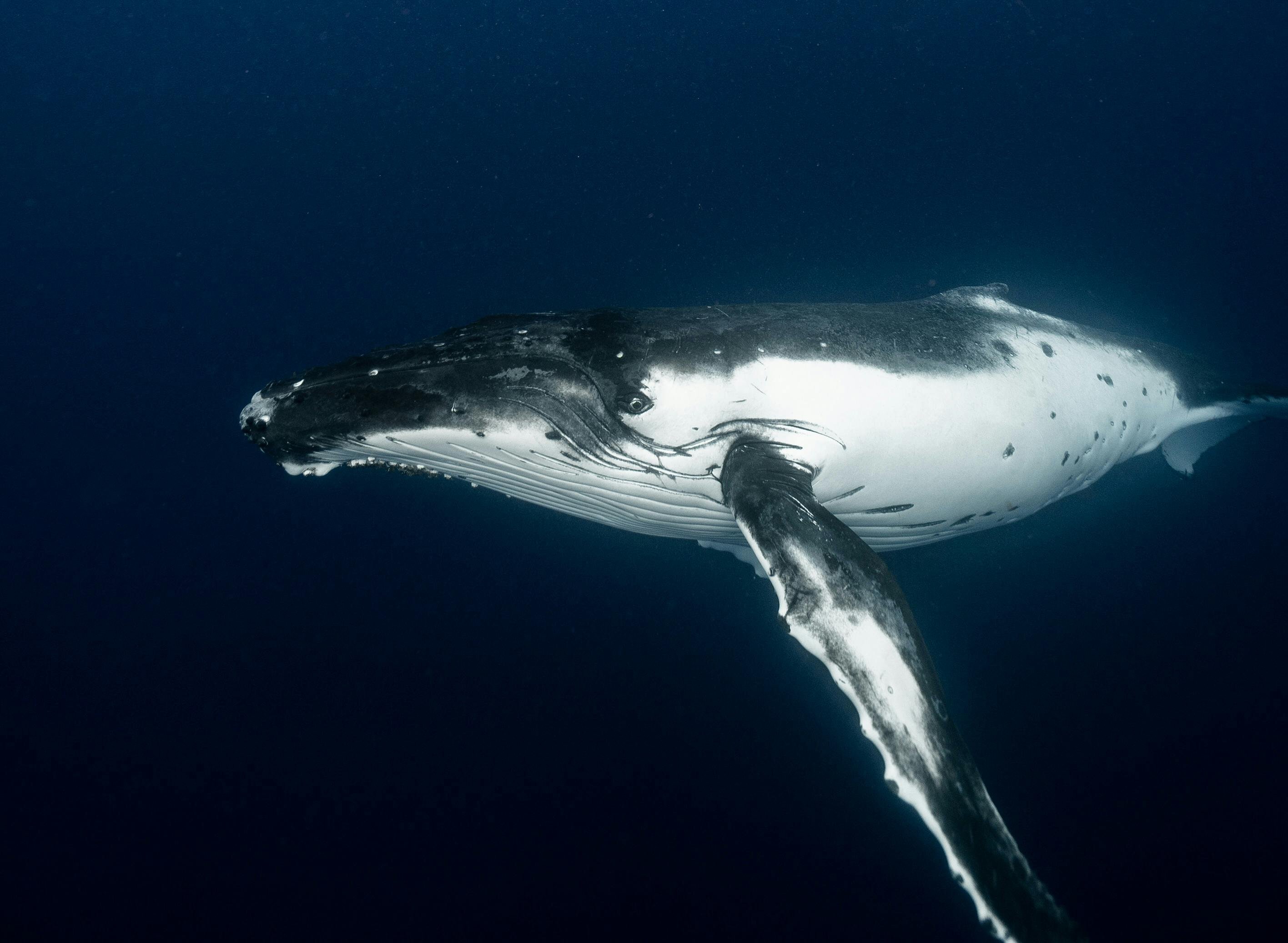Follow us on Google News (click on ☆)

Credit: Elianne Dipp from Pexels
Whales also capture impressive amounts of carbon dioxide during their lifetime. A single specimen can sequester up to 33 tons (30 metric tons) of CO2, surpassing even the most efficient trees. This ability makes them valuable allies in the fight against climate change.
Whales thus play a unique role in carbon sequestration. By feeding and migrating, they transport carbon from surface layers to the ocean depths. This process, known as the 'biological carbon pump,' helps reduce atmospheric CO2.
Despite their importance, whale populations have been decimated by commercial hunting. Blue whales, once numerous, now see their numbers reduced to a fraction of what they were. Their protection, although strengthened since the 1960s, has not been enough to ensure their recovery.
Current threats include ship collisions and accidental entanglement in fishing gear. Ocean warming and acidification also affect their food sources, such as krill, which is essential to their survival.
How does phytoplankton produce oxygen?
Phytoplankton, through photosynthesis, converts carbon dioxide into oxygen. This process is similar to that of land plants, but on a much larger scale. The oceans thus produce about half of the oxygen we breathe.
These microorganisms absorb dissolved CO2 in water and, under the action of sunlight, transform it into glucose and oxygen. The oxygen is then released into the atmosphere, while the glucose serves as an energy source for the phytoplankton.
The health of phytoplankton populations is therefore important for maintaining the balance of our atmosphere. Their decline, due to ocean warming and pollution, could have dramatic consequences on oxygen production and climate regulation.